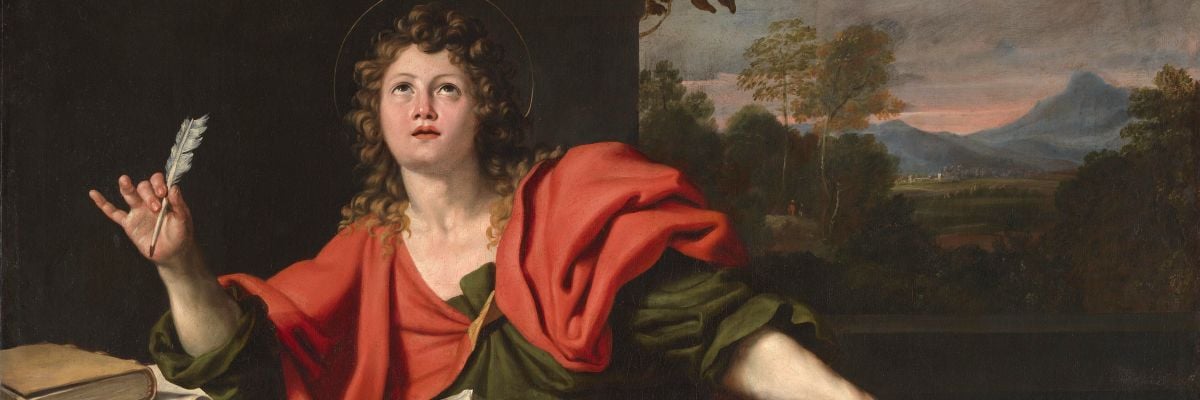
DAY 109
CHALLENGE
“Matthew, Mark, Luke, and John didn’t really write the Gospels. We have no idea who actually did. They are anonymous, and names weren’t attached to them until the second century.”
DEFENSE
The evidence suggests Matthew, Mark, Luke, and John did write the Gospels.
Ultimately, the important thing is not who wrote the Gospels but whether they are reliable.
Anonymity is no barrier to reliability, and there are many anonymous works that scholars rely on for knowledge of the ancient world. For example, scholars use the Itinerarium Burdigalense, an important travel narrative from A.D. 333–334 that was written by an unknown individual called only “the Pilgrim of Bordeaux.”
The names of the Gospel authors may not be listed in the text of the works, but the Gospels were not anonymous in the sense that their authors were unknown to the original audience. Luke writes to his patron Theophilus (Luke 1:3, Acts 1:1), and Theophilus knew who Luke was. John expressly identifies its author as the beloved disciple (John 21:20– 24), whose name was known to the intended audience. Similarly, the authors of Matthew and Mark were known to their original audiences.
The names attached to the Gospels were not of second-century origin. They were in use in the first century. Had the Gospels circulated without names for an extended period, they would have come to be called different things, the same way that there are multiple titles for many ancient works. However, they didn’t. In ancient documents they are always referred to as the Gospels of Matthew, Mark, Luke, and John.
When the Gospels were read in church, the congregation needed to be told what was being read, and there needed to be a way to distinguish them from each other, since so much of their content was similar, with each telling the story of Jesus. The churches chose to refer to them by their authors. This need to distinguish them existed as soon as there was more than one Gospel, and so the names were used im- mediately, not at a later date. This is a strong indication that the names are accurate (see also Day 146).
TIP
For more on the first-century origin of the names, see Martin Hengel, Studies in the Gospel of Mark, chapter 3.



